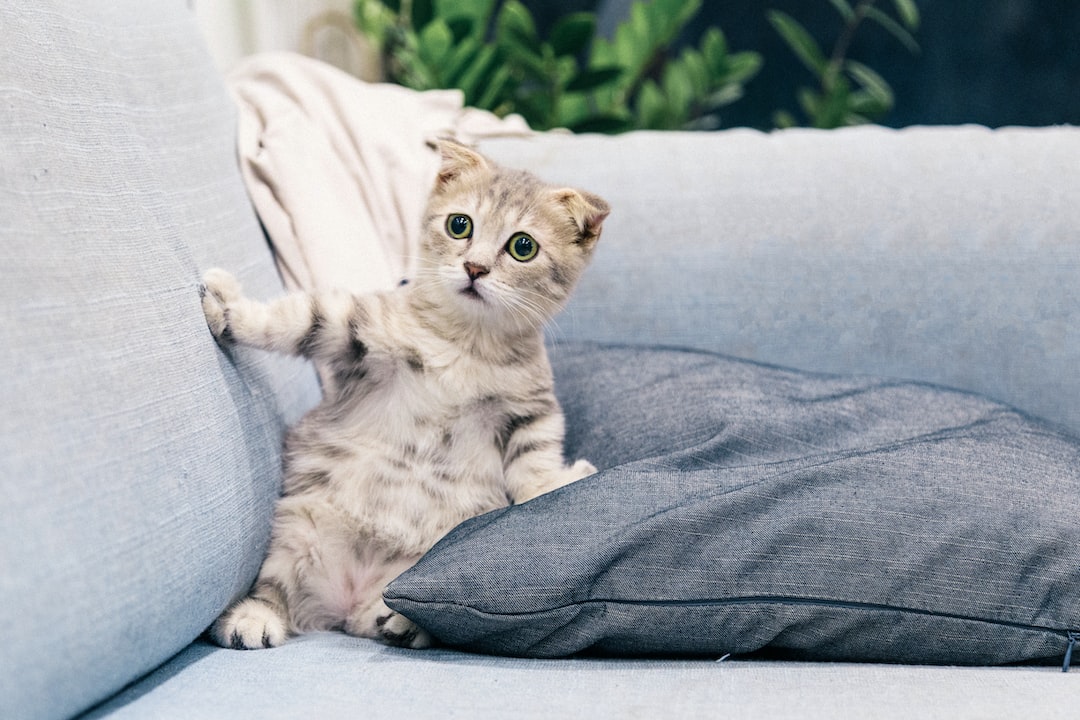The Evolutionary History of Cats and Their Relationship with Humans
Cats are undoubtedly one of the most beloved and intriguing creatures on our planet. With their enigmatic personalities and independent nature, they have captivated our hearts for centuries. But have you ever wondered how these elegant felines came to be, and how they formed such a close bond with humans? Let’s take a journey through history to explore the evolutionary development of cats and their relationship with humans.
The ancestors of modern-day cats can be traced back to a species known as Miacis, which lived around 40 million years ago. These small, carnivorous mammals roamed the ancient forests of Eurasia and are believed to have been the common ancestors of both dogs and cats. Over time, the descendants of Miacis diverged into two distinct lineages – one becoming the modern dog, and the other evolving into the early felids.
Around 30 million years ago, the first true cats, called Proailurus, emerged. These cat-like creatures had retractable claws, a feature that distinguishes cats from other mammals. As time went on, these early cats continued to evolve and spread across different parts of the world, adapting to various habitats and hunting strategies.
Fast-forward to about 4 million years ago, and we come across a critical point in the evolutionary history of cats – the appearance of the now-extinct subfamily called Machairodontinae, better known as the saber-toothed cats. These awe-inspiring predators had elongated canine teeth that could grow up to 7 inches long! Despite their fearsome appearance, saber-toothed cats were not direct ancestors of modern cats but represent an intriguing branch of the feline family tree.
Moving into more recent history, about 9,000 years ago, cats began to form a unique bond with humans. This pivotal moment marked the dawn of agriculture, as humans transitioned from hunting and gathering to a more sedentary way of life. Humans began to cultivate crops, leading to the storage of surplus grain. This surplus attracted rodents, which, in turn, drew the attention of wildcats.
Recognizing the benefits of having cats around to keep the rodent population in check, humans saw the value of cohabitating with these elusive creatures. Over time, cats gradually transitioned from being purely wild animals to semi-domesticated companions, living in close proximity with humans. This relationship was mutually beneficial, as humans provided food and shelter, while cats offered protection from pests.
One particular civilization that holds a special place in feline history is ancient Egypt. Cats played a vital role in Egyptian society, symbolizing grace, agility, and protection. They were so highly regarded that killing a cat, even accidentally, was considered a grave offense punishable by death. The bond between cats and humans was so strong that when a cat died, mourning rituals were held, and families would shave their eyebrows as a sign of grief.
As civilizations advanced and trade routes expanded, cats began to spread throughout other parts of the world. Phoenician traders, for instance, introduced cats to areas such as ancient Greece and Rome. The Romans admired cats for their hunting prowess, and they were even used to control vermin in gladiatorial arenas.
As time passed, cats became more than just useful companions; they became beloved pets. Their independent nature and mysterious allure only added to their appeal. Today, cats are the second most popular pets worldwide, with millions of households providing them with love, care, and a safe haven.
In conclusion, the evolution of cats spans millions of years, culminating in the diverse and fascinating feline species we see today. Through a combination of natural selection and a unique human-animal bond, cats have managed to captivate our hearts and find a secure place in our homes. Whether they are purring in our laps or playing independently in the backyard, these incredible creatures continue to remind us of the deep connection between humans and animals.


